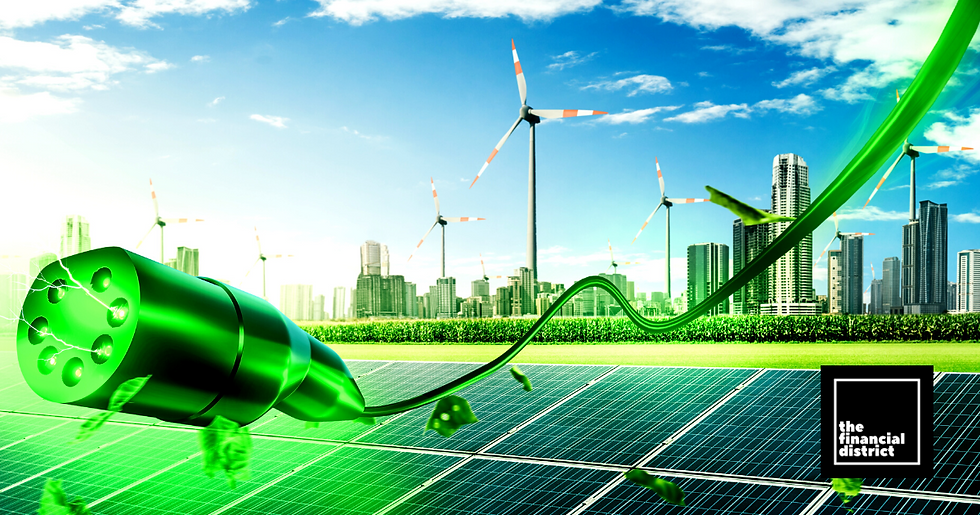Despite all the renewable energy investments and installations, actual global greenhouse gas emissions keep increasing, largely due to economic growth.

Photo Insert: Also posing an enormous difficulty for a societal switch from fossil fuels to renewable energy sources is our increasing need for minerals and metals.
While renewable energy supplies have expanded in recent years, world energy usage has ballooned even more, with the difference supplied by fossil fuels, Richard Heinberg and the Independent Media Institute (IMI) reported for AlterNet.
The more the world economy grows, the harder it is for additions of renewable energy to turn the tide by actually replacing energy from fossil fuels, rather than just adding to it. Rich countries have been responsible for past emissions and their wealth was derived from exploitative industrial activity of which carbon emissions were a byproduct.
Now, it is the world’s poorest nations that are experiencing the brunt of the impacts of climate change caused by the world’s richest. It’s neither sustainable nor just to perpetuate the exploitation of land, resources, and labor in the less industrialized countries to maintain the lifestyles and expectations of growth of the wealthy minority.
Heinberg is a senior fellow at the Post Carbon Institute and the author of Power: Limits and Prospects for Human Survival.
From the perspective of people in less-industrialized nations, it’s natural to want to consume more, which only seems fair. But that translates to more global economic growth, and a harder time replacing fossil fuels with renewables globally.
China is the exemplar of this conundrum: Over the past three decades, the world’s most populous nation lifted hundreds of millions of its people out of poverty, but in the process became the world’s biggest producer and consumer of coal.
Also posing an enormous difficulty for a societal switch from fossil fuels to renewable energy sources is our increasing need for minerals and metals. The World Bank, the IEA, the IMF, and McKinsey and Co. have all issued reports in the last couple of years warning of this growing problem.
Vast quantities of minerals and metals will be required not just for making solar panels and wind turbines, but also for batteries, electric vehicles, and new industrial equipment that runs on electricity rather than carbon-based fuels.
Some of these materials are already showing signs of increasing scarcity: According to the World Economic Forum, the average cost of producing copper has risen by over 300 percent in recent years while copper ore grade has dropped by 30 percent.
![TFD [LOGO] (10).png](https://static.wixstatic.com/media/bea252_c1775b2fb69c4411abe5f0d27e15b130~mv2.png/v1/crop/x_150,y_143,w_1221,h_1193/fill/w_179,h_176,al_c,q_85,usm_0.66_1.00_0.01,enc_avif,quality_auto/TFD%20%5BLOGO%5D%20(10).png)










Comments